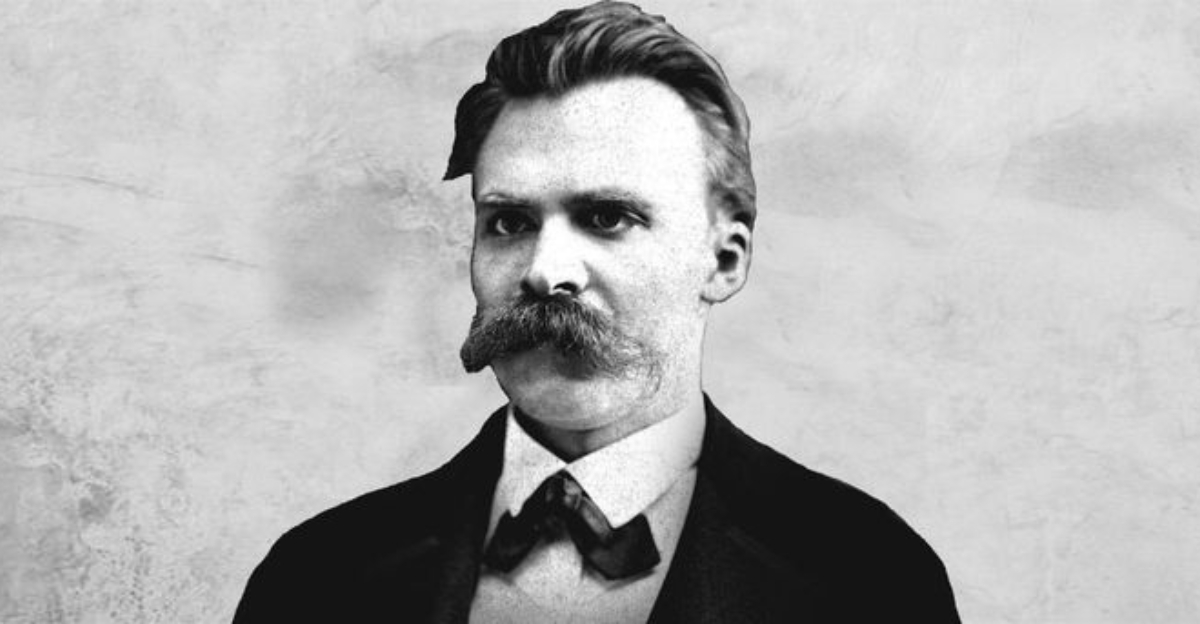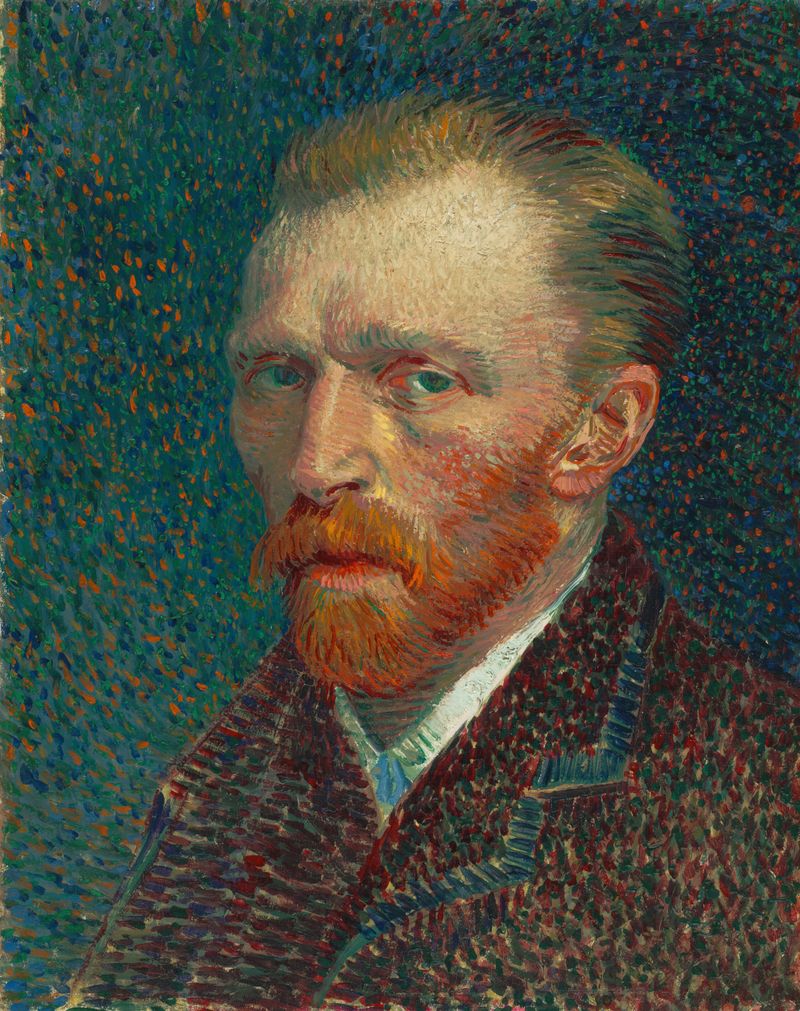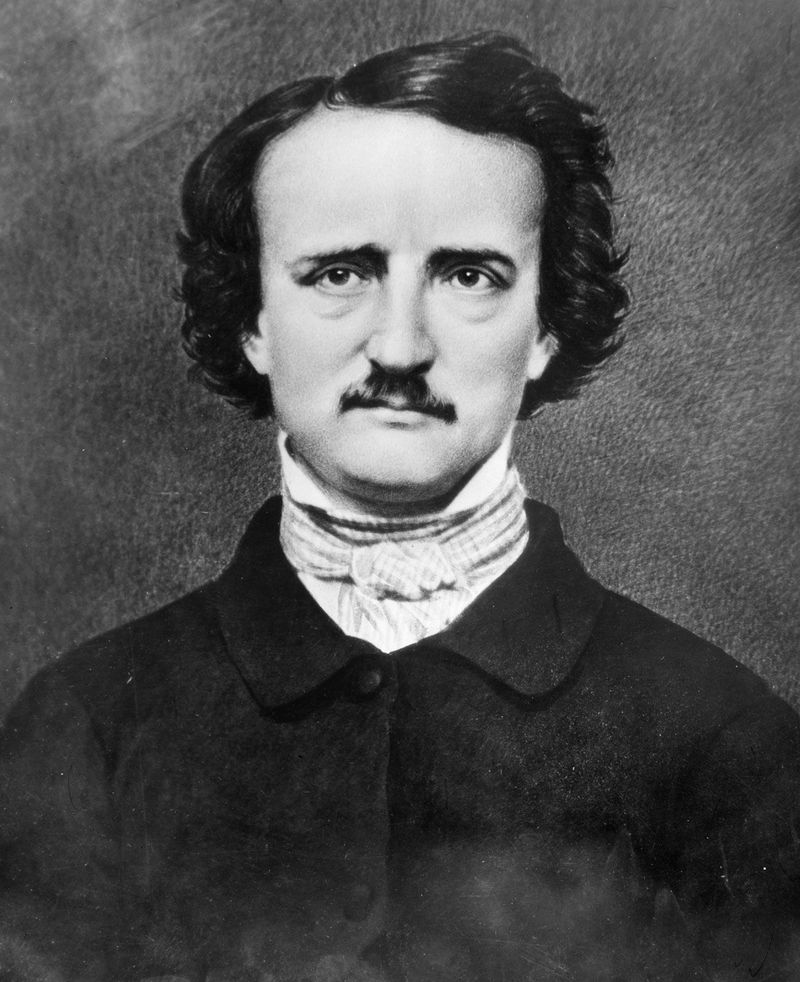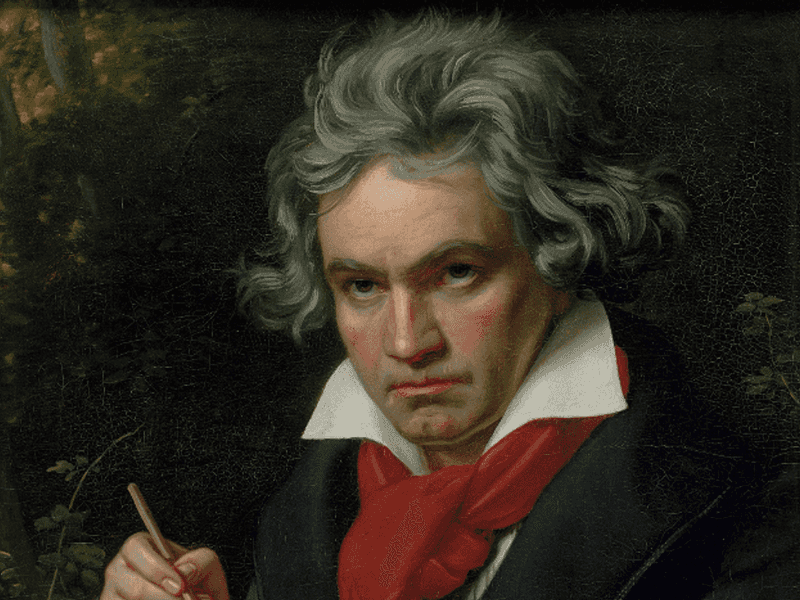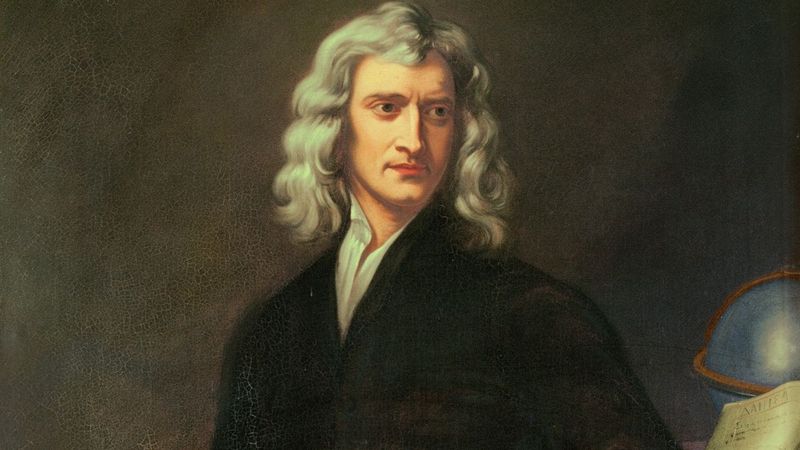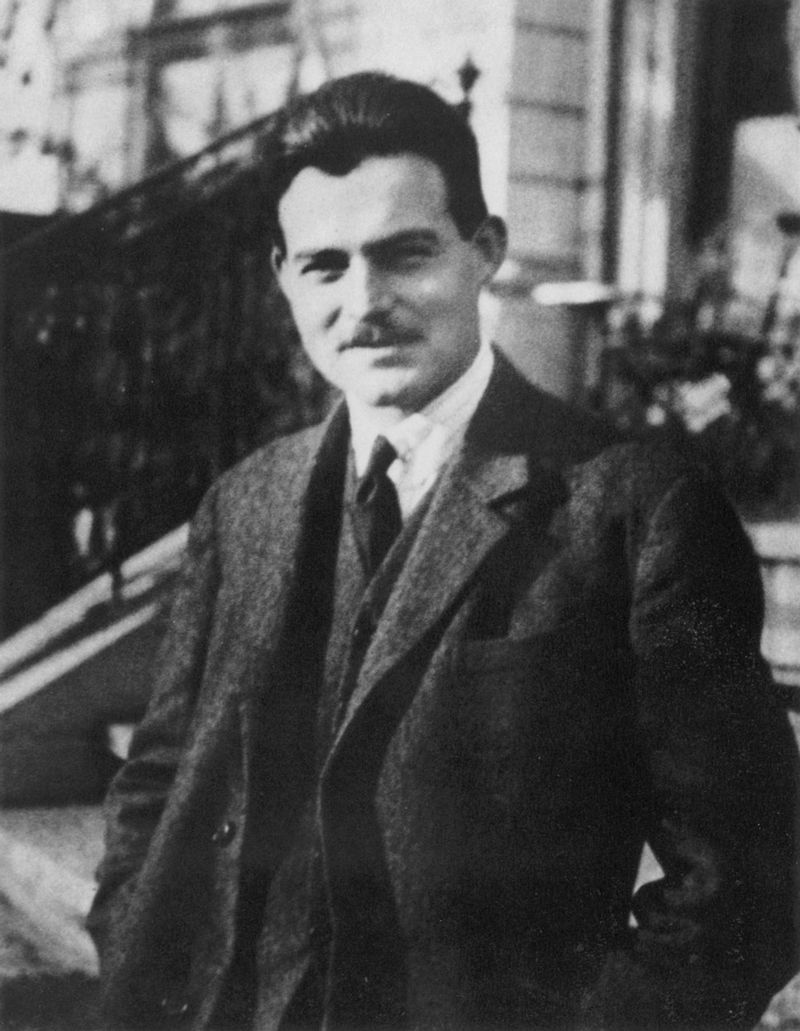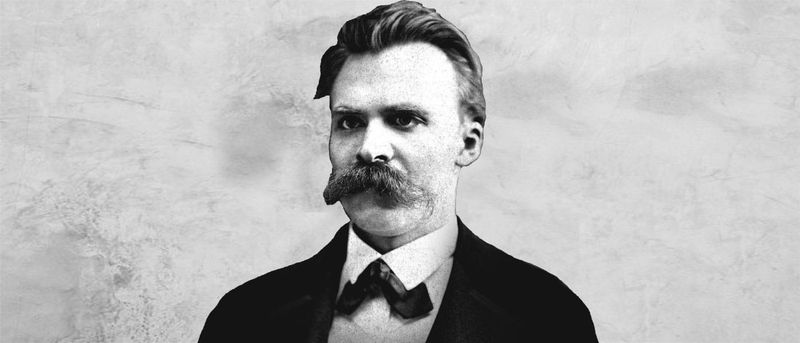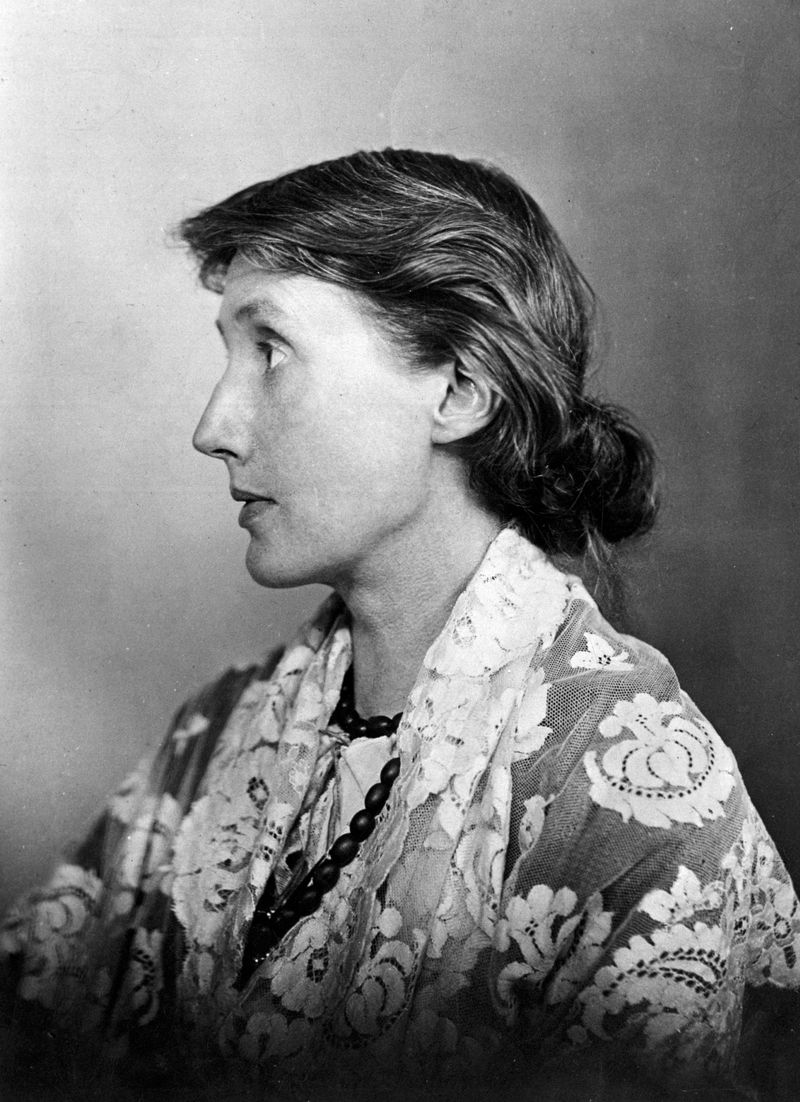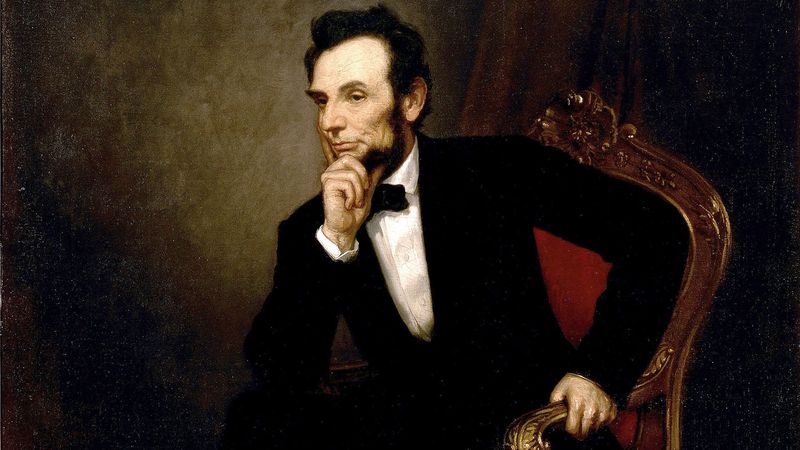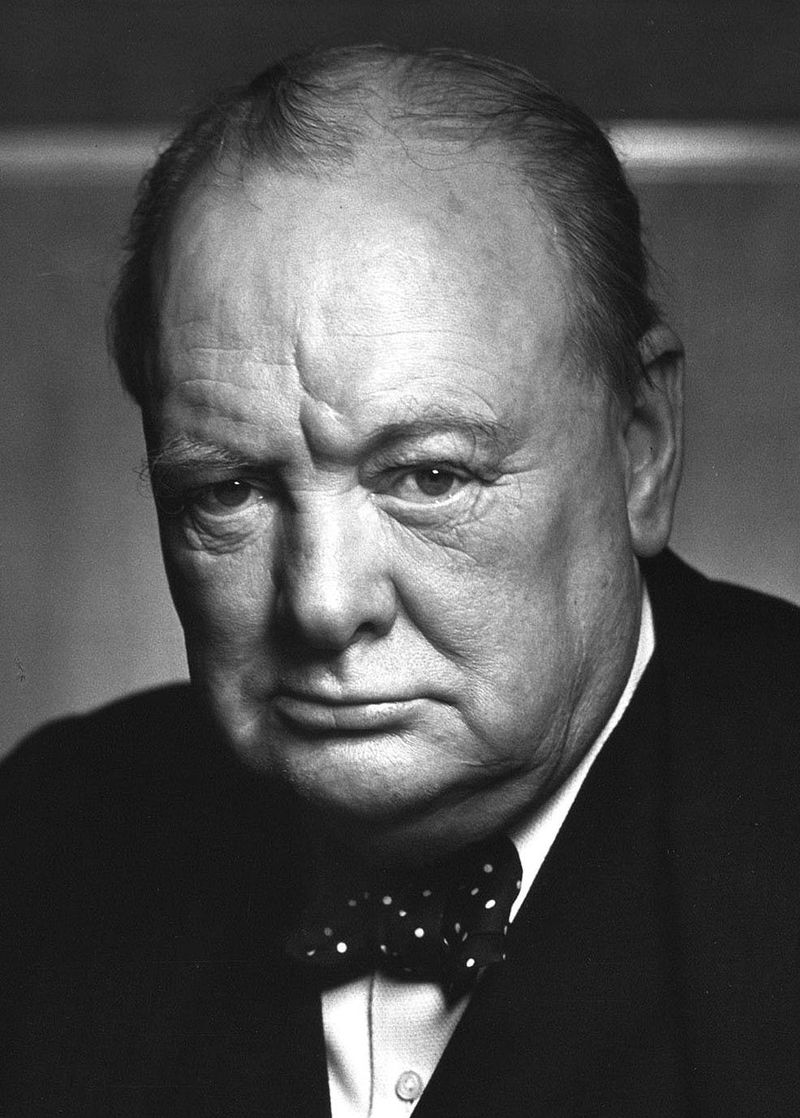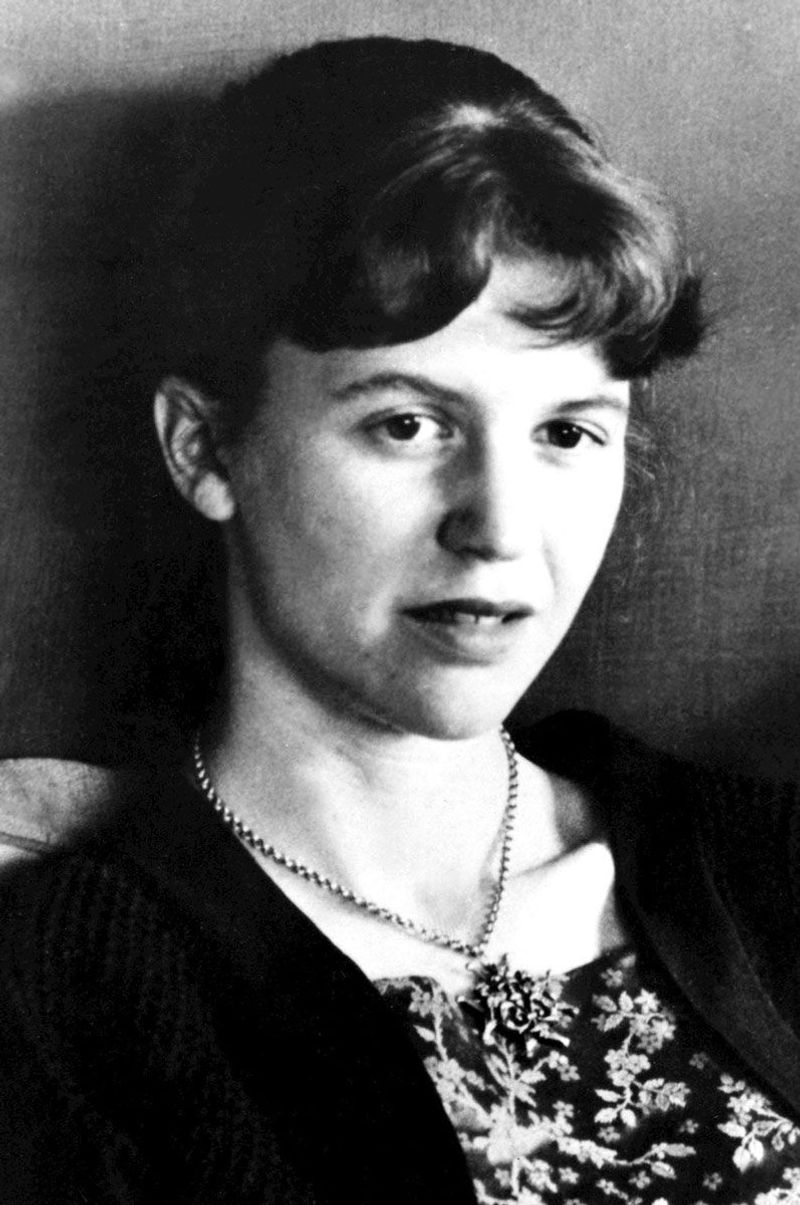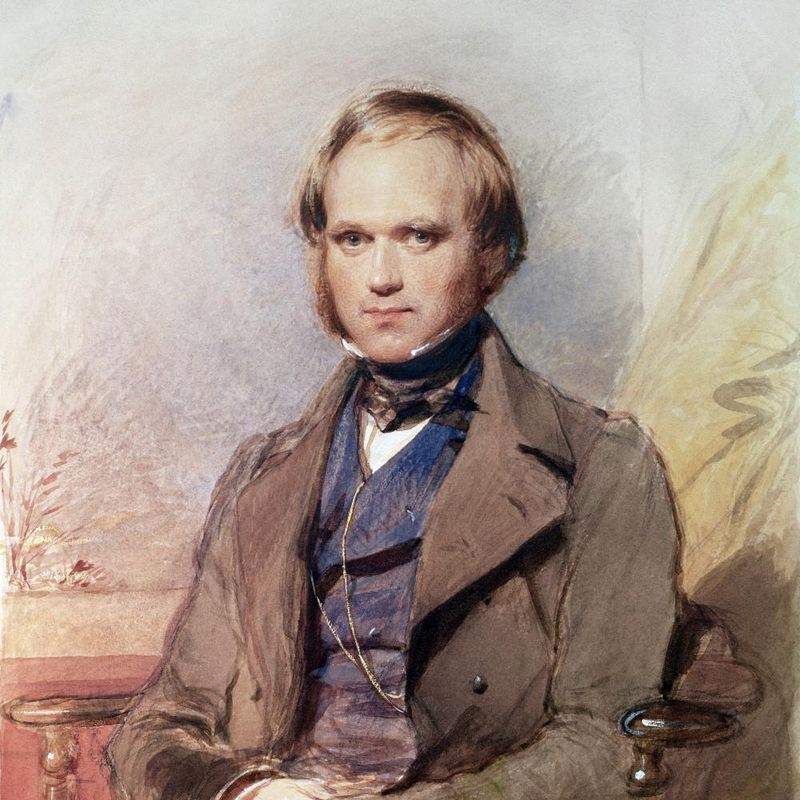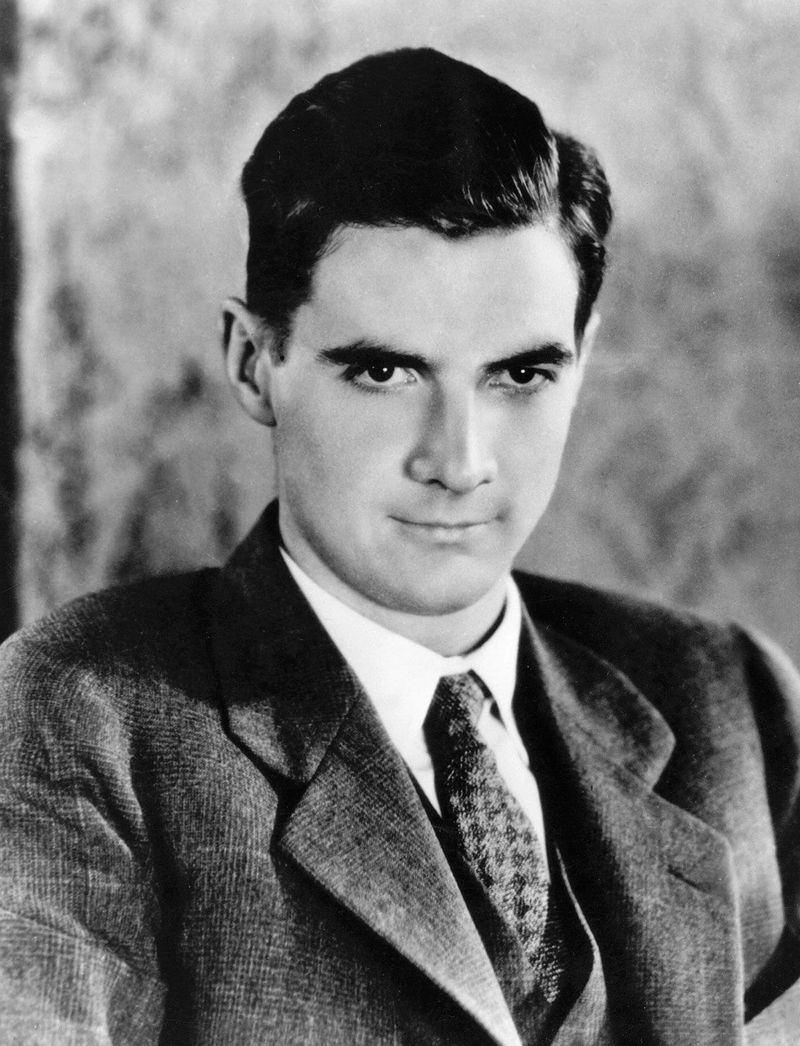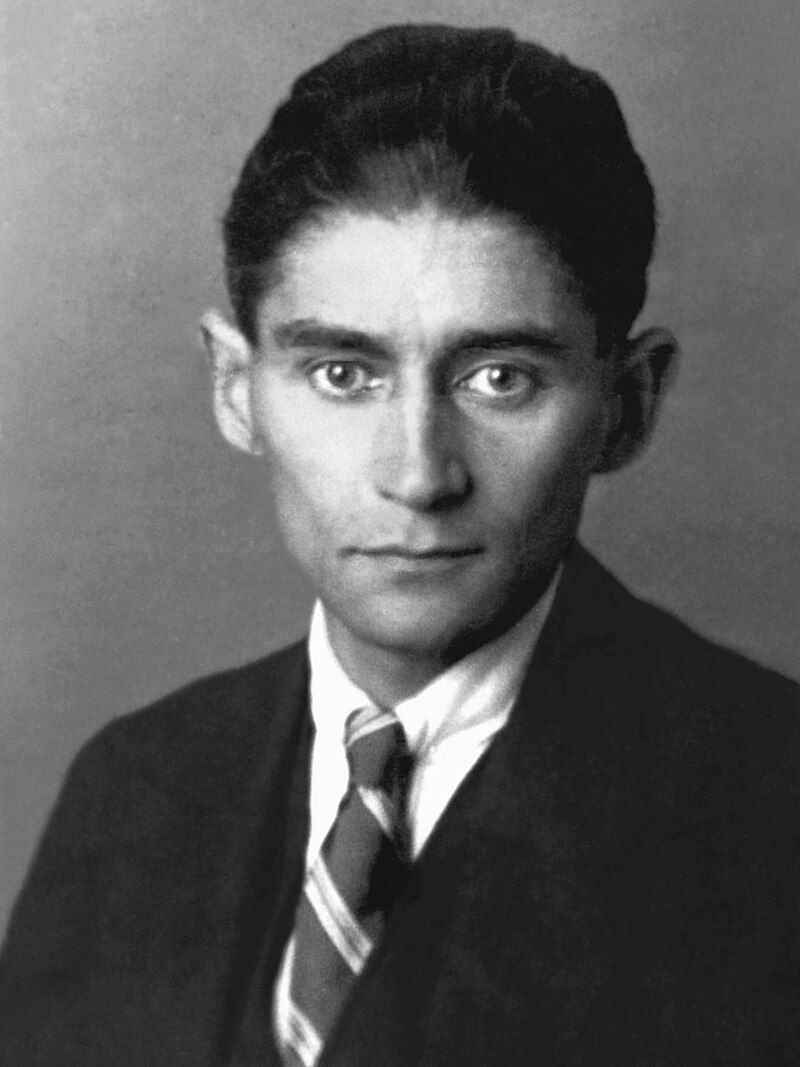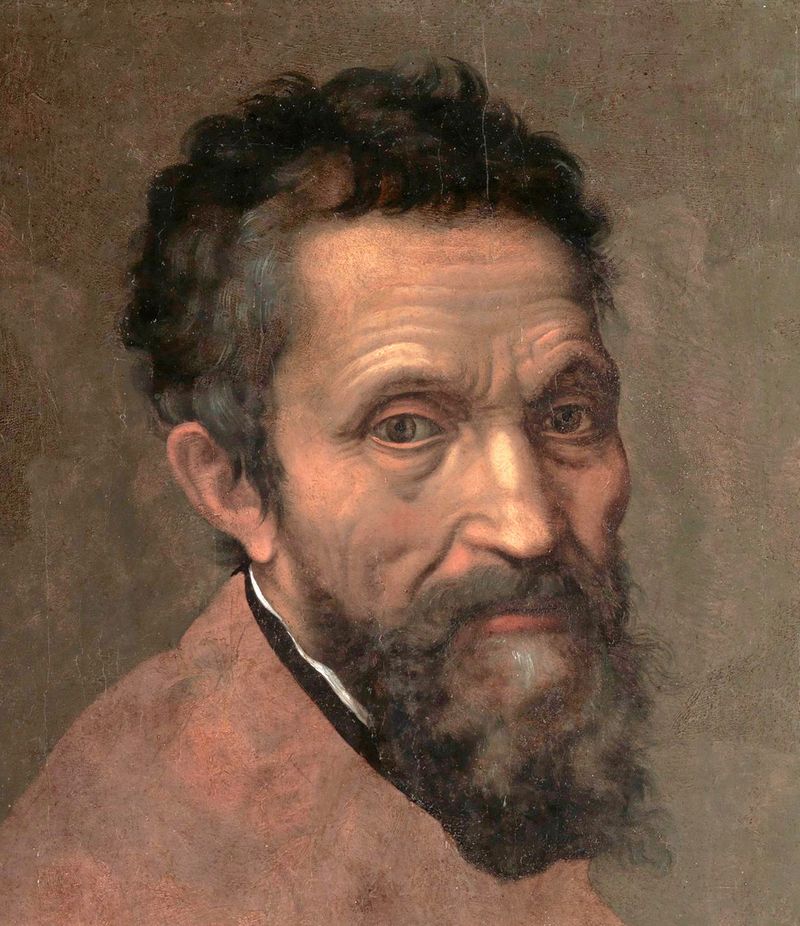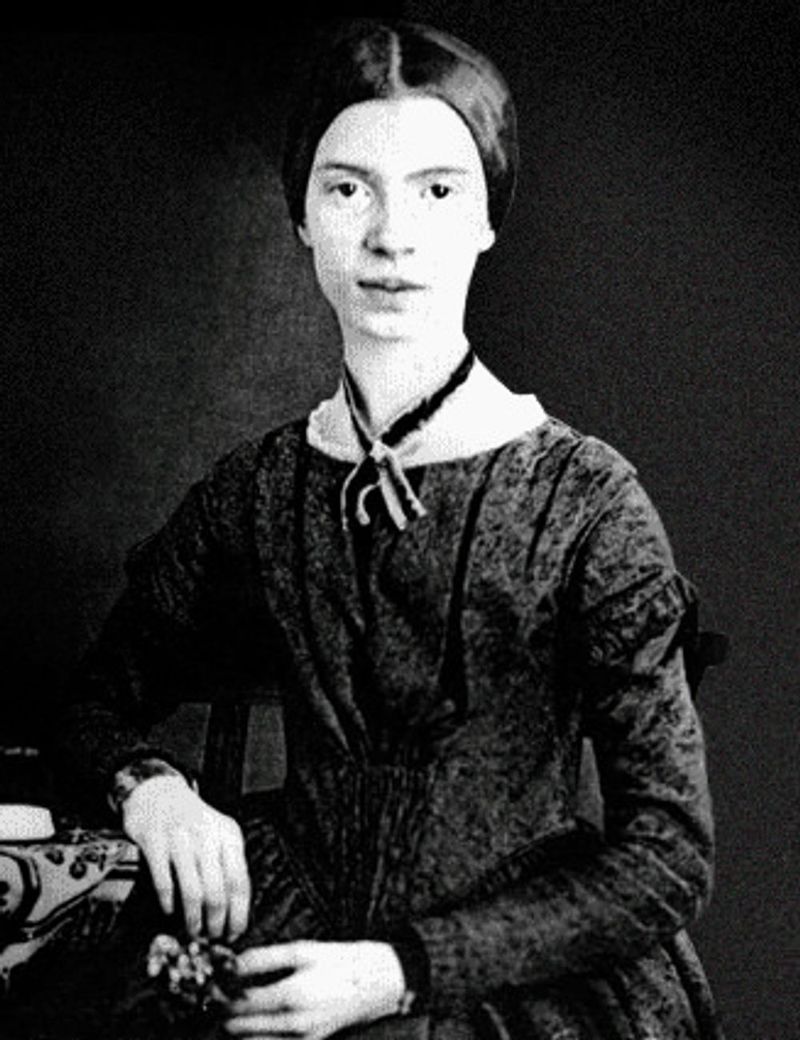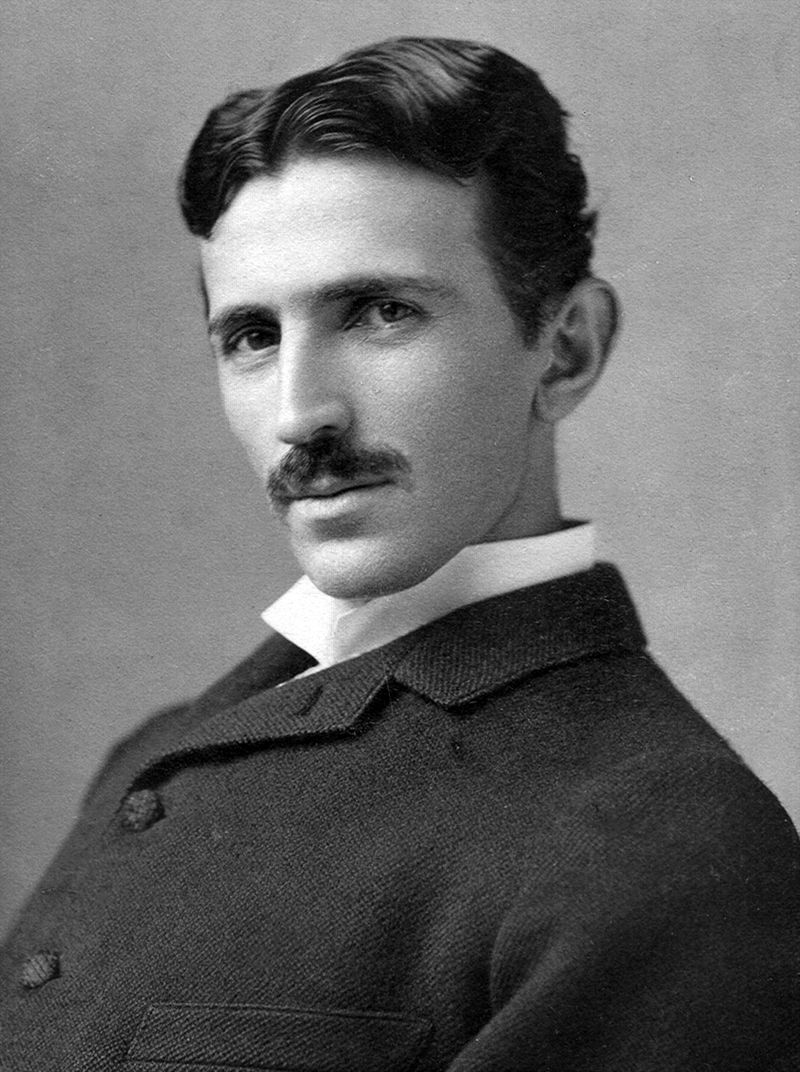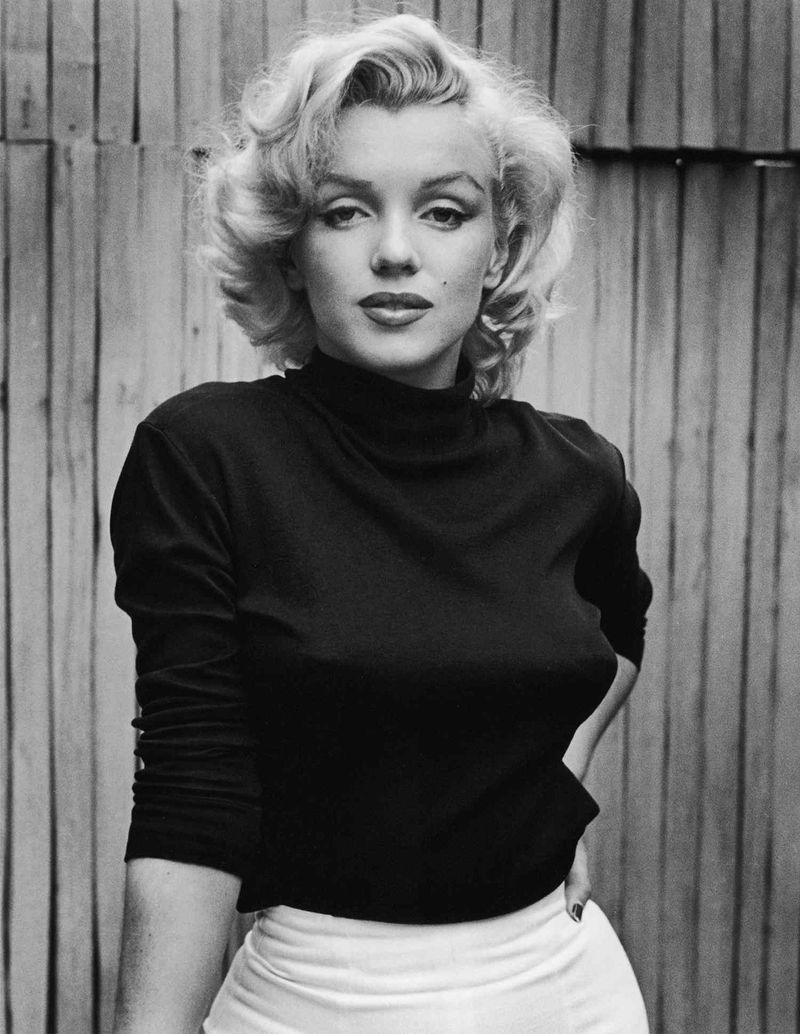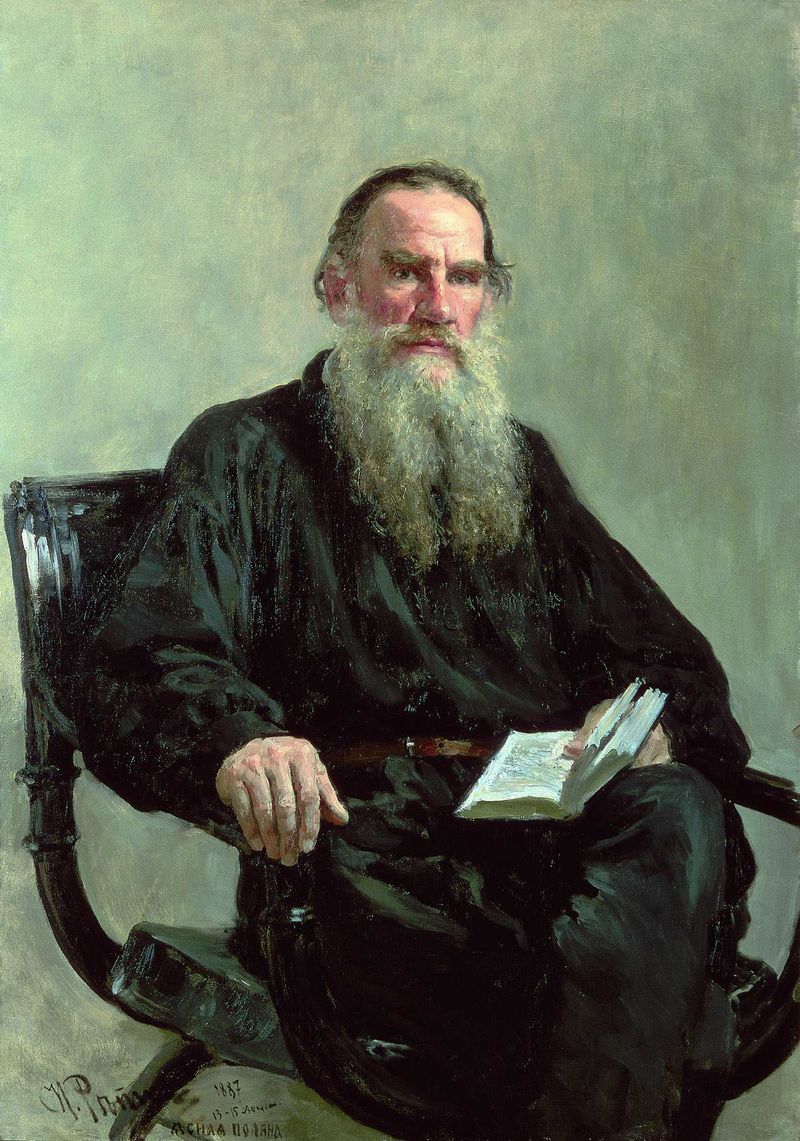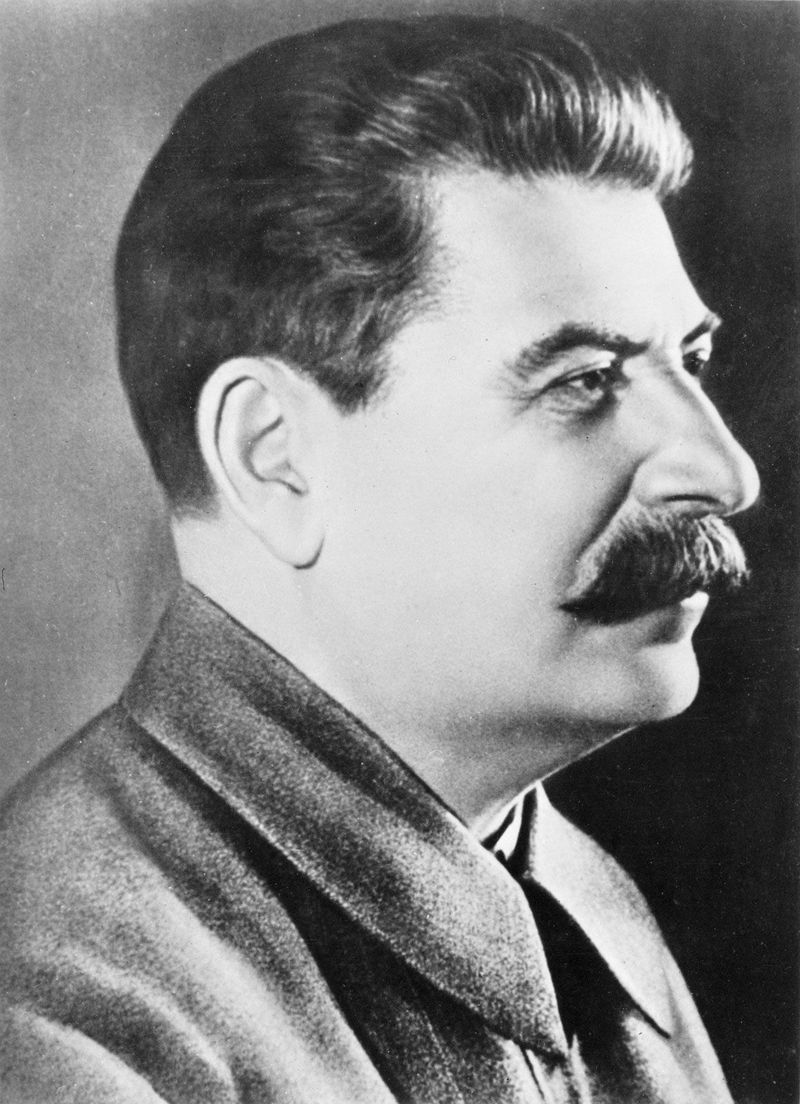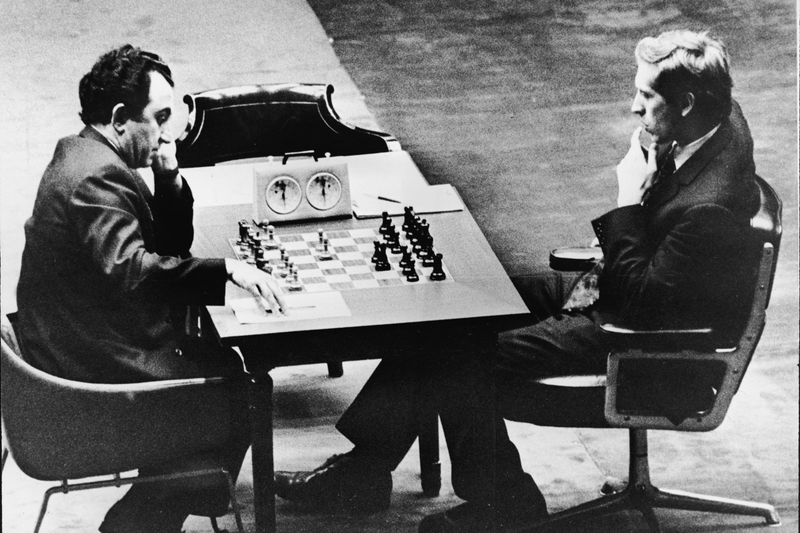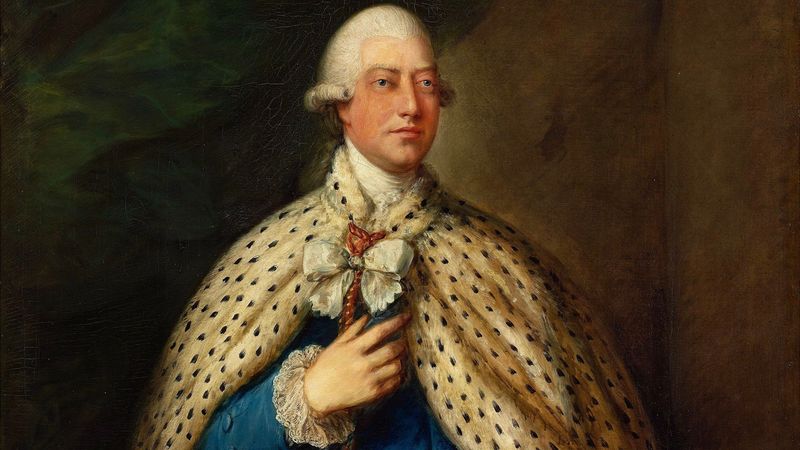Throughout history, many brilliant minds have faced personal battles, often struggling with mental illness. In this blog post, we explore the lives of 22 historical figures who, despite their inner demons, made significant contributions to the world.
From artists to leaders, these individuals showed incredible resilience and creativity, often finding solace and inspiration in their work.
Their stories remind us of the human capacity to overcome adversity and the importance of understanding and compassion in addressing mental health. Join us as we delve into their lives and the challenges they faced.
1. Vincent van Gogh
Vincent van Gogh, the brilliant Dutch painter, battled severe mental illness throughout his life. His struggles with depression and psychosis influenced his art profoundly. Despite the turmoil, he produced masterpieces like ‘Starry Night.’
Van Gogh’s letters to his brother Theo reveal deep emotional pain and a longing for connection. These letters provide insight into his mental state and creative process. His tragic end, at the age of 37, marked by self-inflicted harm, underscores the challenges he faced.
Yet, van Gogh’s legacy endures, offering inspiration and insight into the connection between creativity and mental health.
2. Edgar Allan Poe
Edgar Allan Poe, the master of macabre, faced numerous personal and mental challenges. Orphaned young, Poe struggled with alcoholism and depression, which seeped into his haunting tales.
His tumultuous life, marked by poverty and loss, influenced his writing style. Stories like ‘The Raven’ and ‘The Tell-Tale Heart’ reflect his inner turmoil. Despite these difficulties, Poe remains a pivotal figure in American literature.
His work continues to captivate readers, illustrating how personal struggles can fuel creative genius. Poe’s legacy highlights the thin line between brilliance and despair.
3. Ludwig van Beethoven
Ludwig van Beethoven, a towering figure in music history, battled with profound emotional struggles. Despite his hearing loss, he composed some of his greatest works amid personal turmoil.
Beethoven’s diaries and letters reveal his battles with depression and thoughts of suicide. His resilience and determination to create music, even as he lost his hearing, are testaments to his genius.
His compositions, filled with passion and depth, reflect his complex inner world. Beethoven’s story is one of triumph over adversity, inspiring generations of musicians and listeners worldwide.
4. Isaac Newton
Isaac Newton, the father of modern physics, struggled with intense bouts of depression and anxiety. His solitary nature and obsessive work habits often isolated him from peers.
Newton’s mental health challenges did not hinder his groundbreaking discoveries, such as the laws of motion and universal gravitation. His resilience in pursuing knowledge despite personal turmoil is remarkable.
His genius reshaped our understanding of the universe, and his legacy continues to inspire. Newton’s life demonstrates how perseverance and dedication can overcome personal struggles, leaving an indelible mark on science.
5. Ernest Hemingway
Ernest Hemingway, the iconic American novelist, faced lifelong battles with mental illness. His struggles with depression and alcoholism were well-documented, often reflected in his writing.
Hemingway’s adventurous life, filled with wartime experiences and personal tragedies, influenced his literary works. Novels like ‘The Old Man and the Sea’ reveal his complex inner world.
Despite his internal battles, Hemingway’s contribution to literature is immense. His distinctive writing style and exploration of human nature continue to resonate with readers. Hemingway’s life underscores the interplay between creativity and mental health.
6. Friedrich Nietzsche
Friedrich Nietzsche, the influential philosopher, struggled with severe mental health issues throughout his life. His existential ideas often mirrored personal despair and turmoil.
Nietzsche’s profound thoughts on life, morality, and society were groundbreaking. However, his later years were marked by mental decline, leading to a tragic end.
His philosophy, though controversial, continues to provoke thought and challenge norms. Nietzsche’s life illustrates the delicate balance between intellectual brilliance and psychological challenges, offering a profound exploration of the human condition.
7. Virginia Woolf
Virginia Woolf, the pioneering modernist writer, lived with bipolar disorder, profoundly impacting her life and work. Her novels, such as ‘Mrs. Dalloway,’ explore themes of mental illness and societal pressure.
Woolf’s writing delves deeply into the human psyche, offering an intimate look at her personal struggles. Her diary entries reveal the intensity of her emotional battles.
Despite her challenges, Woolf’s literary contributions are significant, influencing countless writers. Her courage in addressing mental health in her work paved the way for more open conversations about mental illness in literature.
8. Abraham Lincoln
Abraham Lincoln, the revered American president, struggled with severe depression throughout his life. Known for his melancholic disposition, Lincoln faced personal and political challenges with resilience.
His leadership during the Civil War, marked by compassion and determination, demonstrated his ability to navigate immense pressure. Lincoln’s speeches and writings reveal his deep introspection and empathy.
Despite his internal battles, Lincoln’s legacy as a unifying leader endures. His story inspires leaders to embrace vulnerability and resilience in the face of adversity, highlighting the complexity of human strength.
9. Winston Churchill
Winston Churchill, the legendary British Prime Minister, famously referred to his depression as his ‘black dog.’ Despite this, he led Britain through World War II with unwavering resolve.
Churchill’s writings and speeches reflect his struggles with mental health, yet display remarkable courage and determination. His ability to inspire a nation during its darkest hours is legendary.
Churchill’s story is one of resilience and perseverance, illustrating how personal challenges can coexist with leadership and success. His life encourages openness about mental health, promoting understanding and empathy.
10. John Nash
John Nash, the brilliant mathematician, battled schizophrenia for much of his life. His groundbreaking work in game theory earned him a Nobel Prize, yet his personal life was fraught with challenges.
Nash’s struggle with delusions and paranoia is well-documented, notably portrayed in the film ‘A Beautiful Mind.’ Despite these obstacles, his contributions to mathematics remain influential.
His life story is a testament to the power of resilience and the human spirit. Nash’s achievements continue to inspire those facing mental health challenges, highlighting the intersection of genius and struggle.
11. Sylvia Plath
Sylvia Plath, the esteemed poet and novelist, faced lifelong battles with depression. Her writing, noted for its emotional intensity, offers insight into her personal struggles.
Plath’s seminal work, ‘The Bell Jar,’ explores themes of mental illness and identity. Her poetry resonates with authenticity, capturing the depths of her experience.
Despite her tragic end, Plath’s literary legacy endures. Her work inspires conversations about mental health, encouraging empathy and understanding. Plath’s life and writings remind us of the power of art to express and heal emotional pain.
12. Charles Darwin
Charles Darwin, the father of evolutionary theory, battled anxiety and chronic illness throughout his life. His groundbreaking work on natural selection was pursued amidst personal health struggles.
Darwin’s meticulous observations and insights revolutionized biology, despite his self-doubt and anxiety. His correspondence reveals his internal conflicts and dedication to science.
His contributions to our understanding of life on Earth are immeasurable. Darwin’s perseverance in the face of adversity serves as an inspiration to scientists and thinkers, demonstrating how passion and commitment can transcend personal challenges.
13. Howard Hughes
Howard Hughes, the enigmatic aviation pioneer and filmmaker, battled severe obsessive-compulsive disorder and paranoia. His reclusive lifestyle and eccentric behavior were widely noted.
Hughes’ achievements in aviation and cinema were remarkable, yet his personal life was marred by mental health struggles. His retreat from public life reflected his ongoing battle with inner demons.
Despite these challenges, Hughes’ legacy in aviation and innovation remains significant. His life story highlights the complexities of mental illness and the impact it can have on creativity and success.
14. Franz Kafka
Franz Kafka, the influential writer, faced lifelong struggles with anxiety and depression. His works, marked by existential themes, reflect his inner turmoil and philosophical depth.
Kafka’s writings, such as ‘The Metamorphosis,’ explore alienation and absurdity, mirroring his personal struggles. His unique narrative style has left an indelible mark on literature.
Despite his battles, Kafka’s contributions to modernist literature are profound. His exploration of the human condition continues to resonate, offering insight into the complexities of mental illness and creativity.
15. Michelangelo
Michelangelo, the Renaissance master, faced periods of deep depression and artistic struggle. His tireless pursuit of perfection often led to intense personal pressure.
Despite these challenges, Michelangelo’s works, like the Sistine Chapel ceiling, exemplify artistic brilliance. His dedication to his craft, even amidst inner turmoil, is legendary.
His legacy as a sculptor, painter, and architect remains unparalleled. Michelangelo’s life underscores the intersection of creativity and mental health, inspiring artists to persevere through personal challenges.
16. Emily Dickinson
Emily Dickinson, the reclusive poet, lived with mental health issues that influenced her writing. Her introspective nature and secluded life are reflected in her poignant poetry.
Dickinson’s works, rich in emotion and depth, explore themes of isolation and mortality. Despite publishing few poems in her lifetime, her literary influence is vast.
Her ability to convey complex emotions with simplicity and grace is remarkable. Dickinson’s legacy inspires poets to embrace vulnerability and authenticity in their work, highlighting the power of self-expression.
17. Nikola Tesla
Nikola Tesla, the visionary inventor, grappled with mental illness throughout his life. His obsession with work and eccentric behavior were well-documented.
Tesla’s innovations in electricity and magnetism revolutionized technology, yet his personal life was marked by isolation and paranoia. His dedication to his ideas often overshadowed his mental health struggles.
Despite these challenges, Tesla’s contributions to science and technology are monumental. His life exemplifies the fine line between genius and madness, inspiring future generations of inventors.
18. Marilyn Monroe
Marilyn Monroe, the iconic actress, faced lifelong struggles with mental health, including depression and anxiety. Her glamorous public persona often masked personal vulnerability.
Monroe’s rise to fame was marked by personal and professional challenges. Her talent and charisma captivated audiences, securing her place in Hollywood history.
Despite her tragic end, Monroe’s legacy as a cultural icon endures. Her life reminds us of the pressures of fame and the importance of addressing mental health openly and compassionately.
19. Leo Tolstoy
Leo Tolstoy, the Russian literary giant, battled depression and existential crises throughout his life. His profound works, such as ‘War and Peace,’ reflect his philosophical explorations and inner struggles.
Tolstoy’s search for meaning and moral truth was a constant theme in his writing. His personal journey, marked by spiritual awakening and social activism, influenced his literary legacy.
Despite his challenges, Tolstoy’s contributions to literature and philosophy are timeless. His life encourages introspection and a deeper understanding of the human experience.
20. Joseph Stalin
Joseph Stalin, the Soviet leader, exhibited signs of paranoia and megalomania throughout his rule. His complex personality and mental state influenced his leadership and policies.
Stalin’s reign was marked by political purges and widespread fear, reflecting his deep-seated insecurities and ruthless nature. Despite the destruction, his impact on Soviet history is undeniable.
His life serves as a cautionary tale about the dangers of unchecked power and the psychological complexities of leadership. Stalin’s legacy remains controversial and deeply examined.
21. Bobby Fischer
Bobby Fischer, the chess prodigy, struggled with mental health issues throughout his life. Known for his eccentric behavior and paranoia, Fischer’s brilliance on the chessboard was unmatched.
His victory in the 1972 World Chess Championship marked a pinnacle in his career, yet his personal life was turbulent. Fischer’s reclusive nature and controversial statements added to his enigmatic persona.
Despite these struggles, Fischer’s legacy in chess is profound. His life story highlights the challenges faced by those with extraordinary talent, and the importance of mental health awareness.
22. King George III
King George III, the British monarch, suffered from recurrent bouts of mental illness throughout his reign. His episodes of madness, believed to be porphyria, profoundly impacted his rule.
Despite these challenges, George III’s reign included significant events like the American Revolution. His condition led to public scrutiny and political challenges.
His life underscores the complexities of leadership and mental health, reminding us of the human aspect behind historical figures. George III’s legacy is revisited with renewed empathy and understanding.
